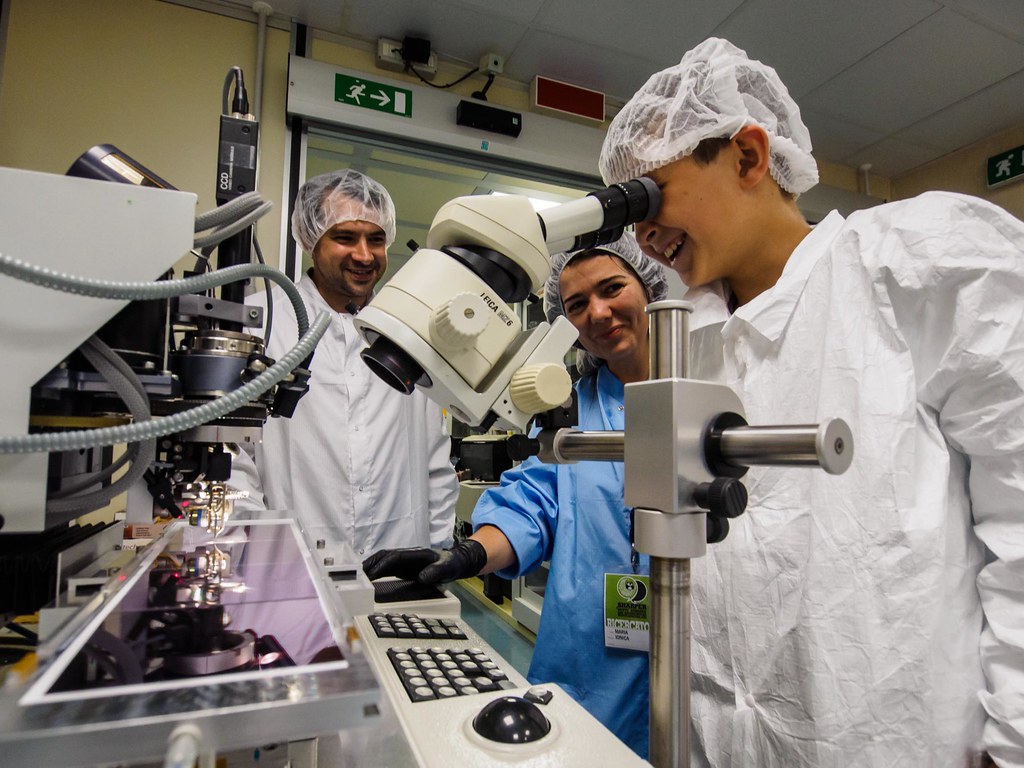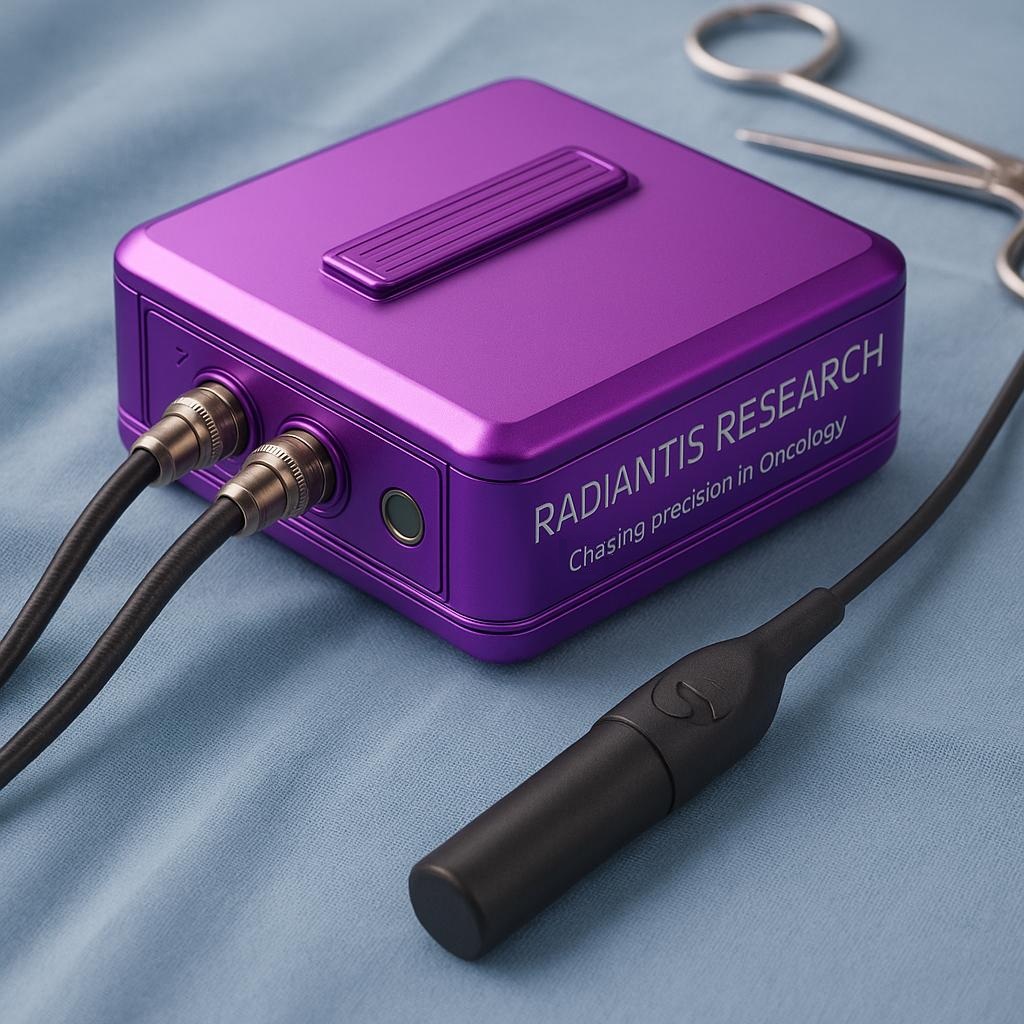Radiantis Research, an INFN spinoff, has acquired the patent license for the “tumor-detecting probe” Beta Probe 1, developed by the National Institute of Nuclear Physics and Sapienza University of Rome. Following initial clinical studies conducted at the European Institute of Oncology, the company is ready to launch new partnerships with centers of excellence.
Radiantis Research, a med-tech startup with the ambition of chasing innovation in precision oncology, has acquired the patent license for the development and production of the innovative “tumor-detecting probe” called Beta Probe 1, developed and tested by a research group from INFN (National Institute of Nuclear Physics) and Sapienza University of Rome, extending it also to Europe and the United States.
“With the acquisition of the patent license and the launch of the CE certification process for the device”, explains CEO Daniele Pili, “we have defined a clear roadmap to accelerate the development and scale production of Beta Probe 1, making available to the international medical-scientific community and patients a true innovation in the field of precision oncology and radio-guided surgery”.
“Radiantis Research was born as an INFN spinoff and represents an excellent example of technology transfer, demonstrating how it’s possible to transform an advanced research project into a concrete entrepreneurial venture in a short time. It also demonstrates how useful it is for technologies developed for fundamental research to be made available to society, especially in such an important field as medicine”, emphasises Oscar Adriani, from INFN’s executive board.
The Beta Probe 1
Developed at the Rome laboratories of INFN and Sapienza by a research group led by Riccardo Faccini and Francesco Collamati, the probe enables the detection of specific tumor forms with extremely high precision, even in areas of the body where it would be impossible to identify them, because they are hidden by healthy tissue or indistinguishable from it. Thanks to the use of highly tumor-specific radiopharmaceuticals, the probe, by detecting their radioactive decay, allows real-time localisation of even small tumor deposits.
“Our radioguided surgery technology utilises β-particles (electrons or positrons) emitted by a radiopharmaceutical that selectively binds to tumor cells. The probe detects these low-penetration emissions (limited to a few millimeters) in real time, minimising interference from adjacent healthy tissues and thereby enhancing surgical precision. This enables the surgeon to precisely target the lesion site, even when it is microscopic or located in a challenging anatomical position”, explains Francesco Collamati, INFN researcher and Head of Research, Development and Production at Radiantis Research.
The significant clinical studies conducted at the European Institute of Oncology (IEO) on over 50 patients have validated the effectiveness of Beta Probe 1 during surgical procedures, demonstrating its capability to detect disease sites, including those as small as a few millimeters, with high sensitivity and a specificity exceeding 90%. Thanks to the probe’s use, surgical operations, both traditional and robotic, can be more precise and conservative, because it will be possible to identify with great accuracy the tissues that need to be removed, preserving healthy ones.
“Preliminary data on the use of radioguided surgery with this new device are very promising. Its application could enhance both the efficiency and precision of surgical procedures, while also reducing their invasiveness”, says Paolo Castellucci, nuclear medicine physician at the IRCCS University Hospital in Bologna and a leading international expert in prostate cancer diagnostics.
The results achieved have garnered international attention, as evidenced by the editorial published in May 2024 in the Annals of Surgical Oncology.
“While we await confirmation from large-scale clinical trials that are being planned, this technology has the potential to be a game-changer in oncologic surgery in the United States as well. By improving surgical precision and reducing invasiveness, it opens significant opportunities in high-impact fields such as urology, gynecology, and neuroendocrine tumors”, comments Andrei Gafita, nuclear medicine physician and researcher at the Department of Radiology, Johns Hopkins University.
Following the excellent results achieved with neuroendocrine tumors, Radiantis Research has launched a new phase of studies aimed at evaluating and extending the benefits of this technology to other cancer types.
Radiantis Research – Chasing precision in Oncology
Radiantis Research was founded with the bold mission of improving precision surgical oncology and contributing to the development of ever more effective cancer treatments. Headquartered in Milan, Radiantis Research benefits from the support of a top-level medical-scientific advisory board and is officially recognised as a spin-off of the INFN.
For further information:
Radiantis Research corporate affairs@radiantisresearch.com
INFN Communications Office news@presid.infn.it






